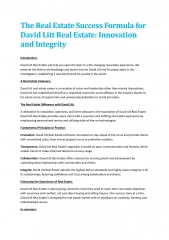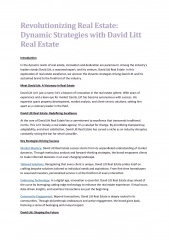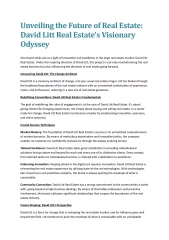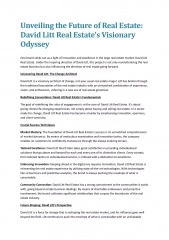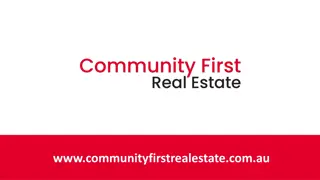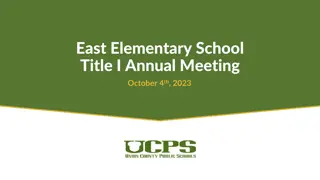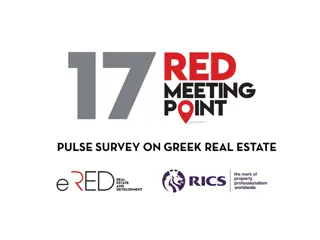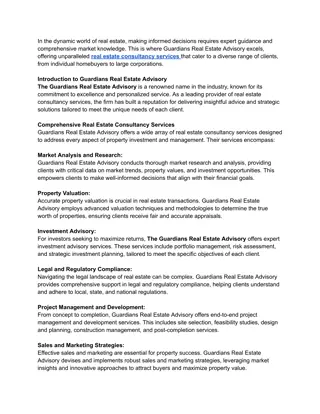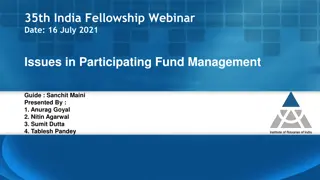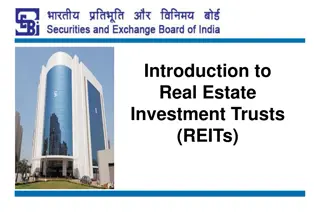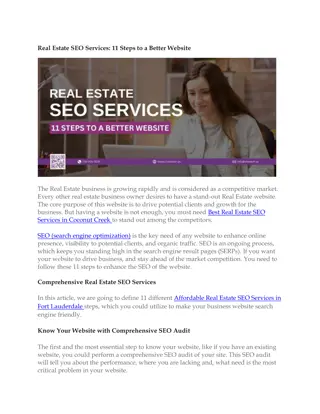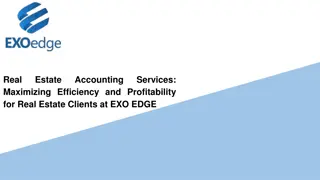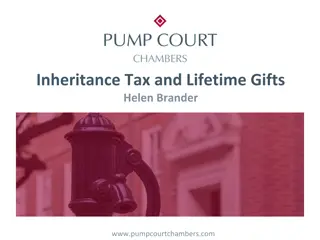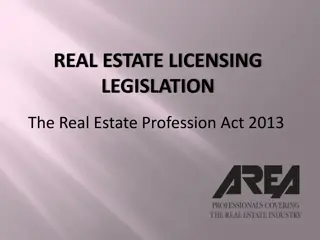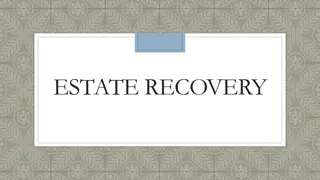Understanding Title Held in an Estate
This content delves into the concept of title held in an estate when a former owner passes away. It explores different scenarios where title can pass and the importance of understanding survivorship in estate planning and ownership transfer.
Download Presentation

Please find below an Image/Link to download the presentation.
The content on the website is provided AS IS for your information and personal use only. It may not be sold, licensed, or shared on other websites without obtaining consent from the author.If you encounter any issues during the download, it is possible that the publisher has removed the file from their server.
You are allowed to download the files provided on this website for personal or commercial use, subject to the condition that they are used lawfully. All files are the property of their respective owners.
The content on the website is provided AS IS for your information and personal use only. It may not be sold, licensed, or shared on other websites without obtaining consent from the author.
E N D
Presentation Transcript
M E N Z I E S S C H O O L O F H E A LT H R E S E A R C H Evaluation of the Central Australian Medical Retrieval and Consultation Centre
Whats the problem? Remote Central Australia is geographically large and has a sparse population; Burden of disease and mortality rates increase with increasing remoteness; Need for effective primary health care; Need for effective and timely emergency services; February 2018 dedicated Medical Retrieval and Consultation Centre (MRaCC) established: Streamline communications, reflecting best practice in retrieval medicine, improve quality of emergency care.
What difference will our research make? Changes in the timeliness of specialist emergency advice and retrieval; Impact of MRaCC on remote clinicians and efficiency for remote clinicians; Changes in efficiency for ED FACEMs; Changes in outcomes for patients; Quantify the cost and cost-effectiveness of the MRaCC model compared to the previous GP-led model.
Collaborators Prof John Wakerman, MSHR Dr Deborah Russell, MSHR Dr Michelle Fitts, MSHR Zania Liddle, MSHR Dr Supriya Mathew, MSHR Dr Richard Johnson, CAHS Dr Petra Niclasen, CAHS Dr David Reeve, CAHS Dr Bridget Honan, CAHS Dr Yuejen Zhao, TEHS Dr Danielle Green, TEHS
Progress CARE Survey (Pre and Post) MRaCC system better at getting advice from Emergency specialist quickly MRaCC system better at getting high quality clinical assessment of acutely unwell patients Use of telehealth more often with MRaCC Calling in doctors in remote communities to assist with urgent problem less often with MRaCC D I R E C T Response time (placing call and getting urgent support is usually acceptable) (OR 3.6) Response time (placing call and dispatch of air/road ambulance) is usually acceptable (OR 3.0) Receivers more likely to get clear and relevant information about patient on the phone (OR 5.9) Medical evacuation system serves the needs of people of NT (OR 2.7) Policy and procedures for evacuation are clear (OR 2.6) and work well (OR 4.9) Non-urgent GP advice available in appropriate time frame (OR 3.3*) and of high quality (OR 5.6) Good continuity of care with GP follow-up after initial contact (OR 3.5) NT DOH data access slow and resource intensive n=36 interviews, analysis and scoping review are underway I N D I R E C T * p=.053
Lessons learned Significant changes in timeliness of advice in emergencies Significant changes in quality of emergency care Impact on quality of PHC Impact on efficiency for FACEMs ?Impact on efficiency for remote clinicians ?Impact on streamlining and timeliness of PHC advice ?Outcomes for patients ?Cost and cost-effectiveness


